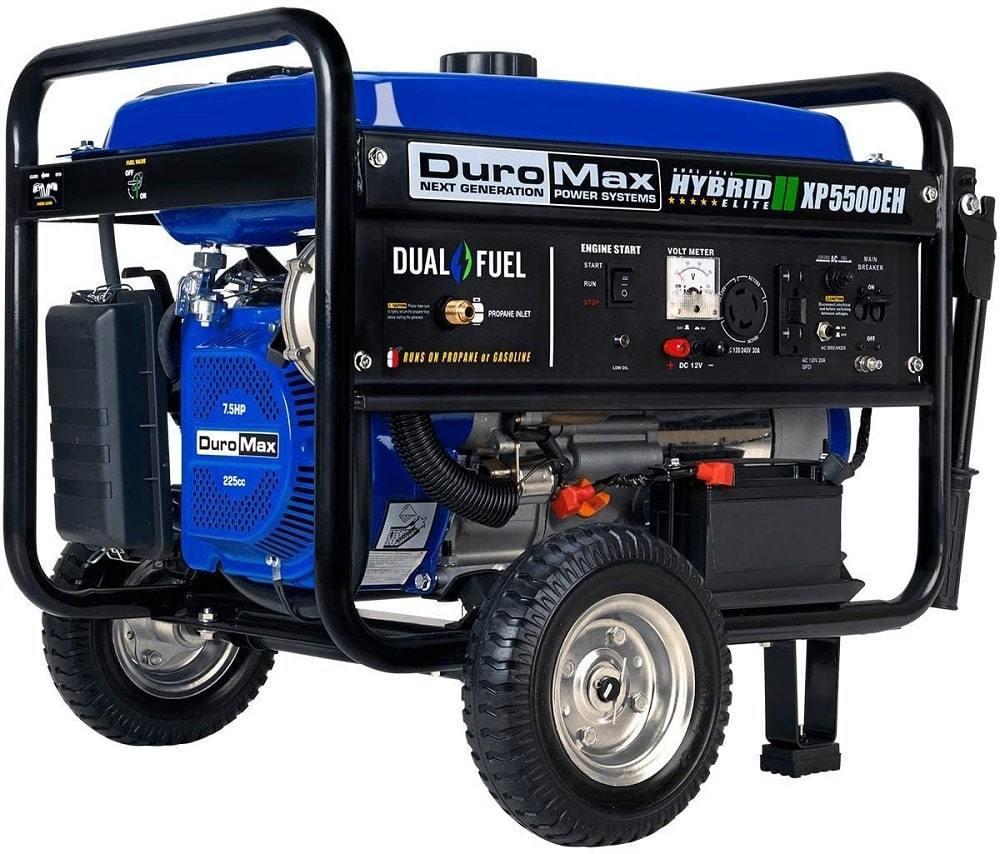Are you dreading your next dental appointment because you're worried about the pain of getting your cavities scraped? You're not alone. Many people have anxiety about dental procedures and wonder if it will hurt. But fear not, because we're here to answer the burning question: does it hurt when a dentist scrapes cavities?
When it comes to dental procedures, the thought of pain can be a major concern for patients. The idea of having a dentist scrape your cavities may sound uncomfortable, but rest assured that modern dentistry has come a long way in reducing pain and discomfort during procedures.
So, does it hurt when a dentist scrapes cavities? The answer is not as straightforward as a simple yes or no. The level of discomfort experienced during a cavity scraping can vary from person to person. Some individuals may feel minimal discomfort, while others may experience more sensitivity or pain.
In general, dentists take several steps to minimize pain during cavity scraping. They may apply a local anesthetic to numb the area before starting the procedure. This helps to minimize any discomfort or pain that you may feel during the scraping process. Additionally, dentists may use special instruments and techniques to make the procedure as comfortable as possible.
Personal Experience with Cavity Scraping
As someone who has had cavities scraped, I can share my personal experience. I was initially nervous about the procedure and worried about the pain. However, my dentist took the time to explain the process and reassure me that they would do everything possible to minimize discomfort.
During the procedure, I felt a slight pressure and vibration as the dentist scraped the cavities. However, thanks to the local anesthetic, I did not experience any pain. The entire process was relatively quick and straightforward, and I was pleasantly surprised by how comfortable I felt throughout.
What is Cavity Scraping?
Cavity scraping, also known as dental scaling or root planing, is a procedure performed by dentists to remove plaque and tartar buildup from the teeth and gums. This is an important step in preventing and treating gum disease and cavities.
During the procedure, the dentist uses specialized instruments to carefully remove the plaque and tartar from the tooth surfaces and below the gumline. This helps to restore the health of the gums and prevent further damage to the teeth and supporting structures.
History and Myth of Cavity Scraping
Cavity scraping has been a part of dental care for centuries. In ancient times, various tools and techniques were used to remove plaque and tartar from the teeth. These methods were often crude and painful, leading to a perception that cavity scraping was a painful and unpleasant experience.
However, modern dentistry has made significant advancements in pain management and dental techniques. Dentists now have access to advanced tools and technologies that make cavity scraping more comfortable and efficient. Despite these advancements, the myth of cavity scraping being a painful procedure still persists.
The Hidden Secret of Cavity Scraping
The hidden secret of cavity scraping is that it is not as painful as many people believe. With the use of local anesthesia and advanced techniques, dentists can ensure that patients are comfortable and experience minimal pain during the procedure. The key is to find a skilled and experienced dentist who understands the importance of patient comfort and pain management.
Recommendations for Cavity Scraping
If you're concerned about the pain of cavity scraping, here are some recommendations to make the experience more comfortable:
- Communicate with your dentist: Let your dentist know about your concerns and anxiety. They can provide reassurance and take steps to minimize discomfort.
- Choose a skilled dentist: Look for a dentist who is experienced in cavity scraping and pain management techniques.
- Ask about anesthesia options: Inquire about the use of local anesthesia or other pain-relieving techniques to ensure a comfortable experience.
- Maintain good oral hygiene: Preventing cavities and gum disease through regular brushing, flossing, and dental cleanings can reduce the need for cavity scraping in the first place.
Does it Hurt When Dentist Scrape Cavities and Related Keywords
When it comes to the pain associated with cavity scraping, it's important to remember that everyone's experience is unique. While some individuals may feel minimal discomfort, others may experience more sensitivity or pain. The use of local anesthesia and advanced techniques can help minimize discomfort during the procedure.
Tips for a Comfortable Cavity Scraping Experience
To ensure a more comfortable cavity scraping experience, here are some tips:
- Practice deep breathing and relaxation techniques before and during the procedure to reduce anxiety and muscle tension.
- Bring headphones and listen to calming music or a podcast to distract yourself during the procedure.
- Ask your dentist to explain each step of the procedure beforehand to help alleviate any fears or uncertainties.
- Take over-the-counter pain relievers, if recommended by your dentist, before the procedure to help manage any post-procedure discomfort.
Conclusion of Does it Hurt When Dentist Scrape Cavities
In conclusion, the experience of pain during cavity scraping can vary from person to person. However, with the use of local anesthesia and advanced techniques, dentists can minimize discomfort and ensure a more comfortable experience. It's important to communicate with your dentist, choose a skilled practitioner, and maintain good oral hygiene to reduce the need for cavity scraping. Remember, taking care of your oral health is essential for overall well-being, so don't let fear of pain prevent you from getting the dental care you need.

No comments:
Post a Comment